FG meets local refiners over pricing, faults Dangote
On Tuesday, the Federal Government refuted the recent assertion made by a Dangote Petroleum Refinery official that there was no unclean fuel imported into Nigeria.This was announced following a meeting in Abuja with local crude oil refiners and oil marketers. During the discussion, topics covered included the price of refined products, competition, and the importation of Nigerian-made goods.
During the conference, local refineries were manufacturing some refined products, but it didn't stop marketers from purchasing products from indigenous producers and going through other sources.
In response to allegations of the importation of dirty fuel into Nigeria, the government, through the Nigerian Midstream and Downstream Petroleum Regulatory Authority, said that refined petroleum products with high sulfur contents were last imported in February and that the regulator had since taken care of the matter.
This was revealed to journalists by Ogbugo Ukoha, Executive Director of Distribution Systems, Storage and Retailing Infrastructure at NMDPRA, following the regulator's meeting with local crude oil refiners and oil marketers, which included representatives from the Dangote refinery and modular refineries.
Responding to a senior Dangote refinery official's accusations against the NMDPRA, Ukoha said, "There is no dirty fuel that is being brought into Nigeria."
According to a report on Monday, Devakumar Edwin, the Vice President of Oil and Gas of Dangote Industries Limited, accused the Nigerian Midstream and Downstream Petroleum Regulatory Authority of arbitrarily awarding licenses to marketers to bring in unclean refined goods.
He had claimed that "licences are being issued, in large quantities, to traders who are buying the extremely high sulphur diesel from Russia and dumping it in the Nigerian market," despite the fact that Dangote was producing and bringing diesel into the market in accordance with the rules of the Economic Community of West African States.
"Since the US, EU, and UK implemented a price cap scheme on Russian petroleum products on February 5, 2023, a lot of vessels are waiting near Togo with Russian ultra-high sulfur diesel and they are being purchased and dumped into the Nigerian market," Edwin had clarified.
"Countries like Belgium and the Netherlands recently banned the export of such fuel into West Africa because they were so concerned about the carcinogenic effects of the extra-high sulfur diesel being dumped into the Nigerian market." Regretfully, the nation is granting import permits for the entry of such filthy diesel into Nigeria despite the fact that our country has more than enough capacity for local petroleum refining.
To stop the flow of unclean fuels into Nigeria, the Federal Government's agency responded to this on Tuesday by insisting that it has implemented all the prescribed procedures needed for the importation of refined petroleum products.
It went on to say that refineries in Nigeria were also making efforts to ensure that the refined goods they produced met the standards that ECOWAS had authorized for the area.
According to Ukoha, "NMDPRA takes extremely seriously the statutory mandates it has to guarantee that only high-quality petroleum products are supplied to and used in Nigeria." Many people are unaware of the backgrounds I will now be describing.
The leaders of the ECOWAS states approved a proclamation in 2020 that established a fuel roadmap mandating that specific products have at least 50 parts per million of sulfur. The same pact postponed enforcement for local refiners until December 31, 2024, even while it promoted nearly immediate enforcement against imports that did not meet standards.
"Now, section 317 of the Petroleum Industry Act (PIA), which was passed in 2021, likewise enshrined and preserved these ECOWAS treaties. Thus, as a body in charge, what have we accomplished since our founding? First, we worked to promote compliance. A declining trend was observed from December 2022 to December 2023.
But in December 2023 and January of this year, we observed an increase in the amount of sulfur in goods being imported, so on February 1st, we once more started strict enforcement. However, I'm pleased to inform Nigerians that, as of right now, as of June, the average sulfur content of all AGOs imported into the country is lower than the legal limit of 50 parts per million.
Ukoha said that the declaration delayed the refiners' work, adding, "So they continue to produce at a higher level, but we are not very anxious about that because even the new refineries that are coming in have the sulphurization units within the design of their plants that will see that sulphur goes down to as low as 10ppm in the near future.
"There is no dirty fuel that we will encourage to come into Nigeria, and I would like to assure Nigerians that this is a mandate that the authority takes very seriously and that we are here to guarantee the wellbeing and health of Nigerians."
When asked to address allegations that the NMDPRA had been awarding fuel importation licenses, which resulted in the importation of dirty fuel, in spite of the Dangote refinery producing refined products, Ukoha emphasized that no dirty fuel would be permitted into Nigeria.
"I've responded to your inquiry; I stated that no unclean gasoline is being imported, and I've given you the June data, which show that the average amount of fuel coming in has decreased from 200 parts per million.
And right now, it is significantly lower than the legal limit of 50 ppm. After that, till the end of this year, there is no need to enforce such with regard to the refineries. However, they are making efforts to ensure that it is likewise assured.
Ukoha clarified earlier in the meeting that it was an extension of the discussions that the parties had been holding over the previous few weeks with the local refiners and oil marketers.
"Today, the NMDPRA held meetings with a limited number of marketers who import AGO (diesel), ATK (aviation fuel), and PMS (petrol), as well as refiners of these commodities. "The only goal is to keep working together in a way that ensures national energy security," he declared.
Pricing and competition were among the topics discussed at the conference, he said, adding that the agency would keep interacting with operators "to see that we land at a place where it is ultimately beneficial to Nigerians."
He went on, "The authorities held a meeting with marketers on May 14, 2024. We also conducted a separate meeting with refiners. Refiners and marketers are seated around a table today, which is different, and the meeting's sole goal was to continue debating how to ensure stable fuel supply within a market with reasonable prices.
That raised a number of problems, including those related to quality, competition, and cost. Even if some of these problems will persist, constant interactions and conversations are all that are needed.
The NMDPRA official responded to allegations that the government was attempting to coerce marketers to purchase goods from a Nigerian refinery by stating, "What we have in Nigeria is a deregulated market that remains open."
The PIA, the law that oversees us, has many sections, all of which the authority is still working to operationalize. That being said, we guarantee that all PIA components will be operationalized eventually.
When asked what refined product was discussed by the parties at the meeting, Ukoha replied, "We have assurances that PMS will also start to kick in shortly, and the refiners locally are currently producing substantial volumes of AGO (diesel) and ATK (aviation fuel)." Other intermediate goods are also being made.
Although local refiners were being supported, Gabriel Ogbeche, the Group Managing Director of RainOil Ltd., stated that marketers were free to acquire products from elsewhere.
One of the agreements we have made is that the marketers and refiners will always operate on an even playing field. For the benefit of the industry as a whole, we will keep working together," he stated.
"Until today we have options and I can assure you that all the major marketers have been patronizing the local refineries and we will continue," Ogbeche said in response to a question about the difficulties faced by marketers working in the downstream sector and what they would like the government to address. In addition, we have the choice to purchase goods from other vendors, and as far as we are aware, nothing has changed in that regard, despite continuous discussions.”
It was a highly productive meeting, according to Rabiu Umar, Group Chief Commercial Officer of the Dangote Group. We think that this conference is simply the first of many that will steer this sector in the right way.
Lately, there have been worries that oil marketers are bringing diesel into Nigeria through imports, even though the $20 billion refinery in Lagos produces a significant amount of fuel domestically.

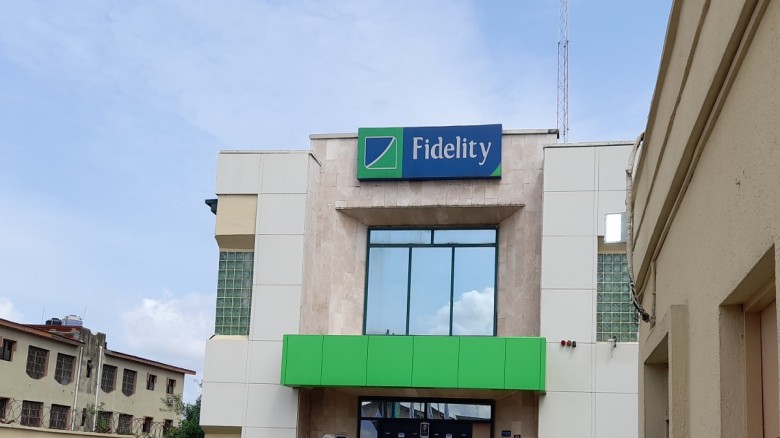
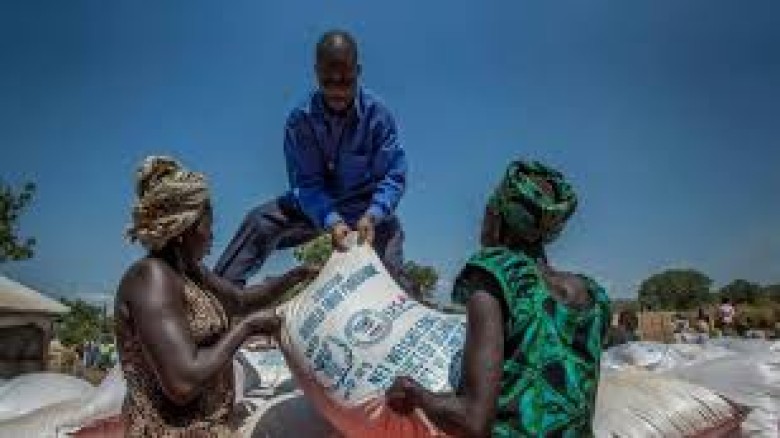
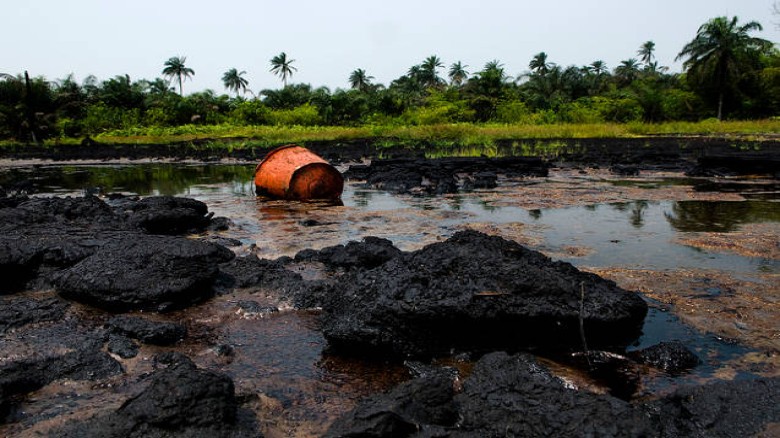
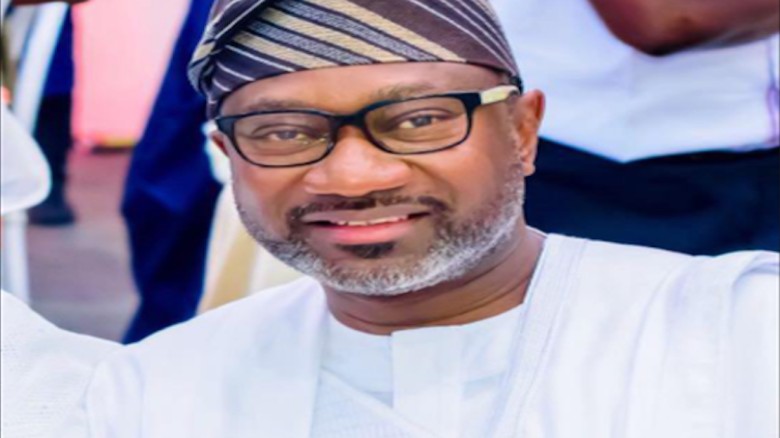













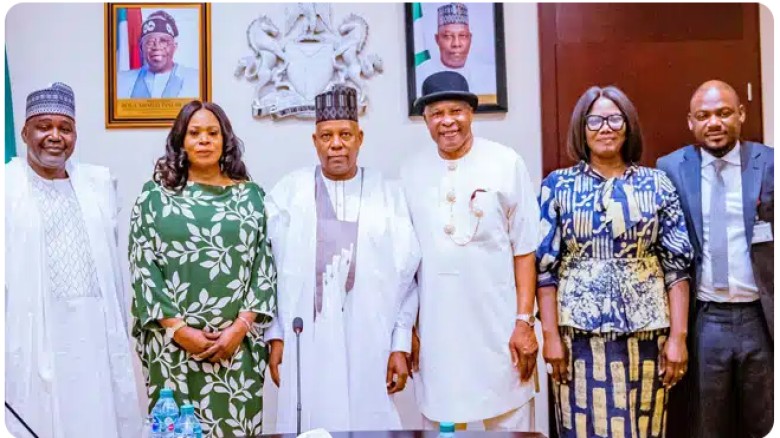
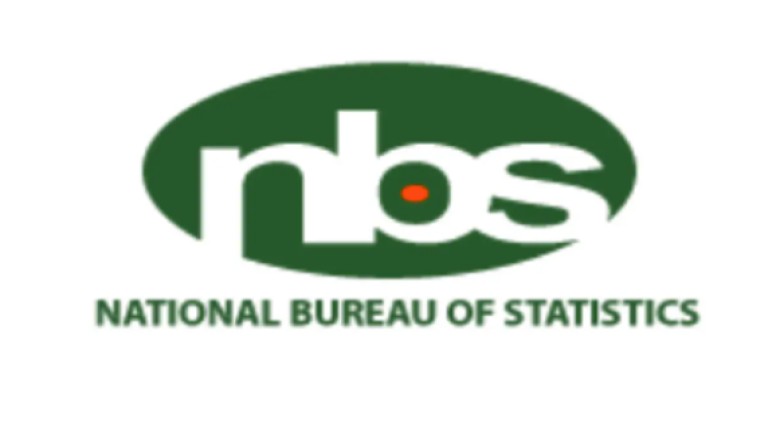




Leave A Comment